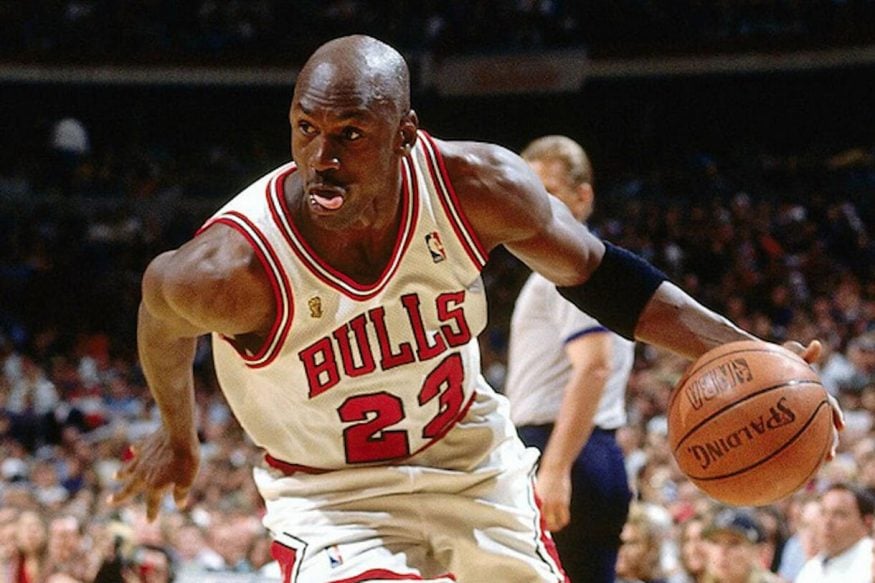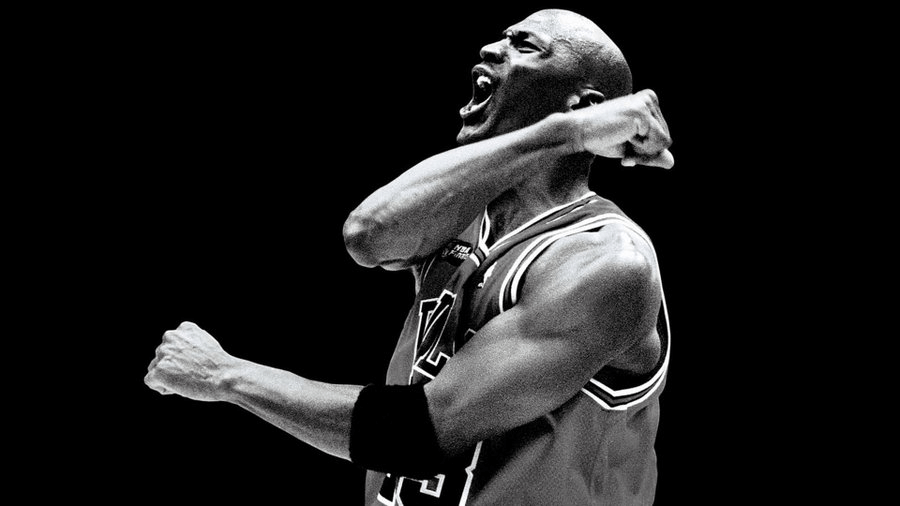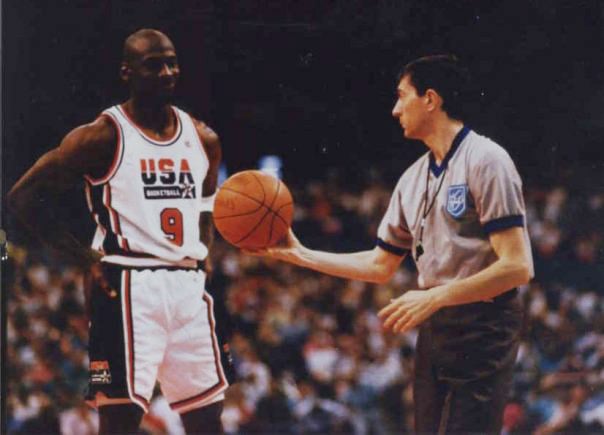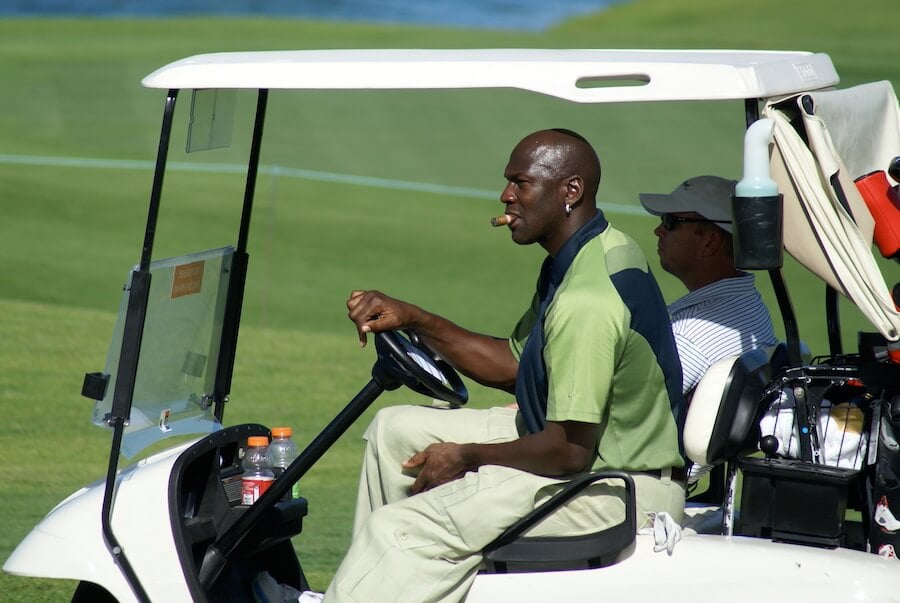A Comprehensive Look at Michael Jordan's Gambling Journey

Introduction: Michael Jordan’s Legacy and Controversy
Michael Jordan stands as one of the most celebrated figures in basketball history. The former Chicago Bulls shooting guard not only secured six NBA championships and six NBA Finals MVP awards, but he also transformed the world of sports marketing through his iconic Air Jordan brand with Nike. In honor of his influence, the NBA’s Most Valuable Player trophy now bears his name, and in 2016, President Obama presented him with the Presidential Medal of Freedom.
However, while his achievements on the basketball court and in the business realm are undeniable, Jordan’s life has long been shadowed by his high-profile gambling activities. From late-night casino visits before major games to rumors linking gambling to pivotal personal events, his relationship with betting is both complex and controversial. As the legend marks his 60th birthday, it’s an opportune moment to explore the depth and evolution of Michael Jordan’s gambling habits.

Early Encounters with Gambling
Michael Jordan’s interest in gambling emerged early in his life. Accounts in biographies, including Roland Lazenby’s "Michael Jordan: The Life", suggest that he was already making bets in high school. During his college days, Jordan’s competitive streak extended beyond basketball courts into friendly wagers with classmates and teammates. There is even documented evidence: a $5 check MJ wrote after losing a pool game in 1982 reflects that betting, even in small amounts, had become a regular aspect of his social interactions.
Within the North Carolina basketball program, Jordan was known for betting on almost any game or contest-often putting minor sums on outcomes during practices or with other students. These small bets were less about money and more a manifestation of his relentless drive to win.
From Friendly Wagers to High-Stakes Betting in the NBA
Upon joining the NBA, Jordan maintained his competitive betting habits, but the stakes grew significantly. He was notorious for engaging in high-stakes poker and card games with Chicago Bulls teammates, staff, and even members of the media during team travel. His penchant for betting went beyond the card table: he would wager on the results of cartoon races shown on the Chicago Stadium Jumbotron, using information provided by arena staff to ensure victory.
A memorable incident occurred during a team trip to Portland when Jordan bet fellow players that his luggage would arrive first at baggage claim-and gleefully pocketed their money after having discreetly arranged matters with the baggage handler. For Jordan, such antics were part of the game, feeding both his need for competition and his enjoyment of clever advantages.
One of the most famous moments where his gambling intersected with his on-court career happened during Game 1 of the 1992 NBA Finals. After sinking six three-pointers in a single quarter, Jordan made a now-iconic shrug-not as a simple display of confidence, but reportedly directed at Magic Johnson, who had bested him in cards the previous night.
Jordan's enthusiasm for gambling didn't stop at NBA arenas. When named to the "Dream Team" for the 1992 Summer Olympics, he and other NBA stars-Magic Johnson, Charles Barkley, Patrick Ewing, and more-frequented late-night card games in Monaco, the fabled casino destination.

Major Gambling-Related Controversies
As Jordan’s gambling remained in the public eye, several controversies soon arose. In 1993, he was subpoenaed to testify regarding a $57,000 check written to James “Slim” Boulder, a gambler later convicted on money laundering charges. Although Jordan initially claimed the check was a business loan, he admitted in court that it was actually a payment for golf gambling losses.
Another golfing acquaintance of Jordan’s accused him of owing $1.3 million in gambling debt, though the dispute ultimately settled for $300,000. Around the same time, fans and media took note of Jordan being seen gambling in Atlantic City the night before a crucial Eastern Conference Finals game. His performance in the following game dipped significantly, fueling further scrutiny and an NBA investigation into the matter.
The Impact of Personal Tragedy and Persistent Rumors
A few weeks later, Jordan faced a devastating loss: the murder of his father in July 1993. The tragic event spurred rampant speculation that his gambling debts might have contributed to his father's death. Some media outlets suggested a connection between these personal tragedies and Jordan’s high-profile habit.
However, extensive investigations ultimately debunked these theories, establishing that the incident was a random act and unrelated to gambling. Nonetheless, when Jordan announced his surprise retirement in October 1993 to pursue a baseball career, conspiracy theories abounded, positing that the so-called "retirement" was actually a secret NBA-imposed suspension related to his gambling activities.
No credible evidence ever supported the suspension theory. NBA Commissioner David Stern firmly denied the league’s involvement in Jordan’s decision, noting the absence of any wrongdoing by the star. This was reinforced years later when the NBA Board of Governors unanimously approved Jordan’s bid to become the principal owner of the Charlotte Bobcats, a process that involves thorough vetting of an applicant’s financial and personal background.
The Gambling Climate in Professional Sports during Jordan’s Era
To fully understand the magnitude of the controversies surrounding Jordan’s gambling, it is essential to appreciate the prevailing attitudes towards sports betting during the 1980s and 1990s. At the time, gambling was widely seen as a vice linked to criminal activity and major scandals-such as the infamous case of Pete Rose, who received a lifetime ban from Major League Baseball in 1989 for betting on games he managed.
As a result, the Professional and Amateur Sports Protection Act (PASPA) was enacted, making sports betting illegal in most US states. Any association with betting could severely damage an athlete’s reputation and career. It wasn’t until the Supreme Court declared PASPA unconstitutional in 2018 that the legal and cultural landscape around sports betting began to change dramatically.
By the era of Jordan’s gambling controversies, leagues including the NBA, NFL, and MLB were highly sensitive to any signals of players betting on games, fearing manipulation and damage to the integrity of their sports.

Post-Retirement: Evolving Attitudes and Jordan’s Role in Sports Betting
Today, the context surrounding gambling in sports is markedly different from Jordan’s playing days. Since his transition to team owner, Michael Jordan has witnessed the NBA’s increasing partnership with the sports betting industry. The league now has active sponsorships with prominent sportsbooks, and several teams have dedicated betting lounges in their arenas.
In a sign of this shift, Jordan became an investor in DraftKings, a leading sports betting platform, in 2020. What may have caused severe backlash decades ago is now seen as a sign of business acumen and industry foresight.
Ultimately, analysts and those close to Jordan often observe that his attraction to gambling is more about feeding his insatiable appetite for competition than any compulsion for risk or addiction. Illustrating this, at a basketball camp hosted by NBA star Chris Paul, Jordan accepted a bet that if he missed three consecutive shots, he would provide every attendee with new Air Jordans. True to form, he didn’t miss a single shot-proving that for MJ, winning is everything.
Conclusion: Michael Jordan’s Legacy Beyond the Bets
Michael Jordan’s gambling history is a testament to his competitive nature and the evolving perception of betting in professional sports. Though his passion for wagering sparked scandals and rumors early on, most stories that questioned his integrity have since been discredited. Today, not only has gambling become widely accepted in the realm of American sports, but Jordan himself is now at the forefront of these changes as a prominent owner and investor tied to the betting industry.
His journey reflects not just the story of a sports icon with a penchant for risk, but the broader transformation of attitudes about gambling, celebrity, and professional athletics in the United States.
Lead image: mccarmona23/Flickr













